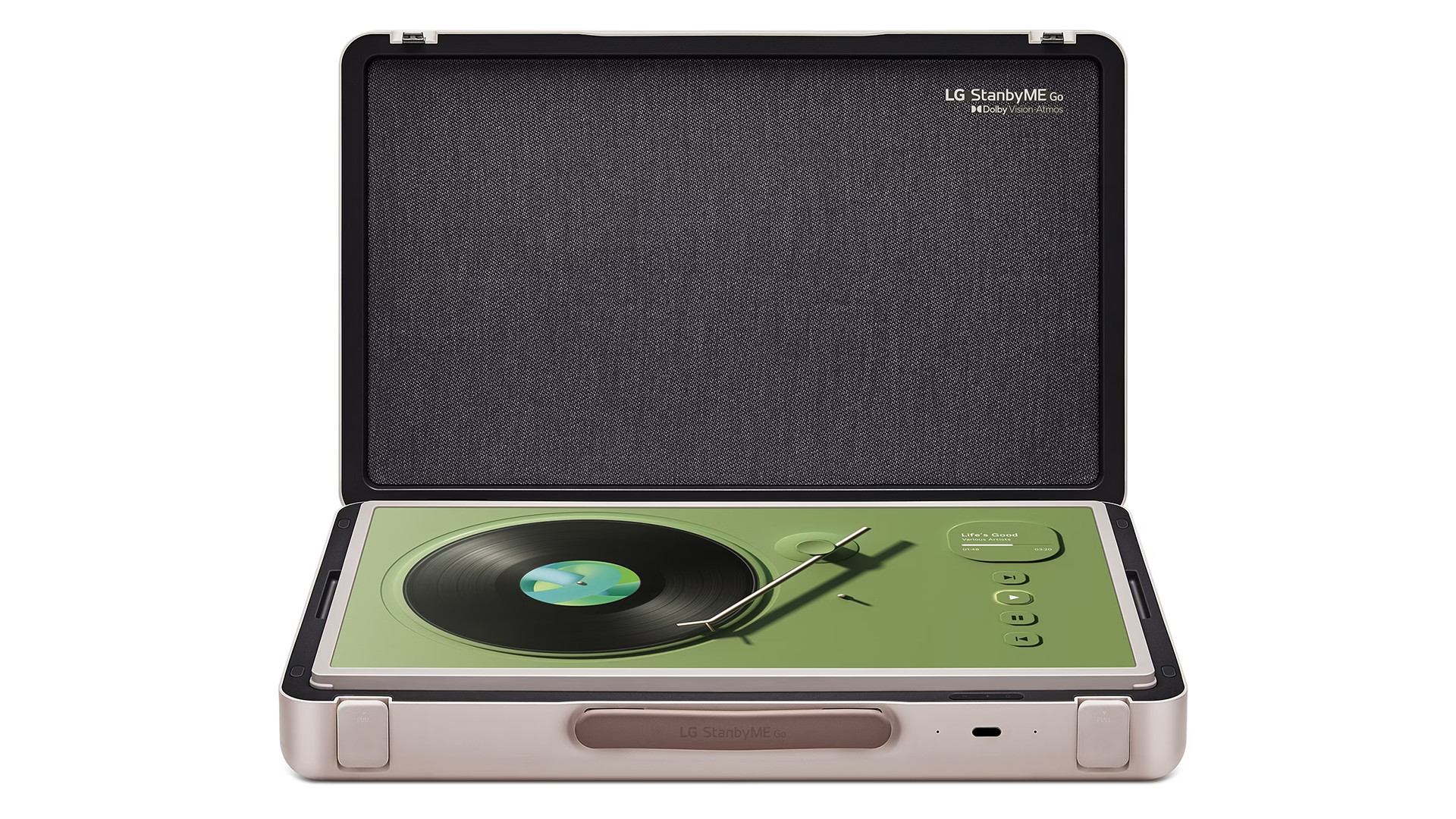Google has made some big moves on the app front that might change how you use your Chromebook, with the introduction of app streaming from an Android smartphone, and also by killing off Chrome Apps to be replaced by better Progressive Web Apps (known as PWAs for short).
So let’s look at that big streaming development first. As highlighted by Chrome Unboxed, the app streaming feature which allows you to use Android apps on the Chromebook desktop is now rolling out to some users in beta.
Google is finally rolling out the "app streaming" feature they first announced at CES 2022!This feature uses new APIs in Android 13 to let you stream and control your Android apps from your Chromebook!This won't be a Pixel-exclusive feature, either! https://t.co/GelNPxi8gj pic.twitter.com/VrD0t1Rn1NApril 4, 2023
This was first flagged up on Twitter by Mishaal Rahman (a freelance journo) who found the feature was still wonky – while running on a heavily modded test device, mind you – but noted that they’ve seen a couple of users who do have it working properly.
The feature is powered by the Cross-Device Services app which was just updated by Google, but there are some major caveats as to who gets this (we’ll come back to that later).
For those who can access the app streaming right now, firing up the Phone Hub on the Chromebook allows for viewing all recently opened Android apps, and it’s a simple matter of clicking on any of them to launch it on the ChromeOS desktop.
Elsewhere in the Google software ecosystem, Digital Trends further reports on the death of Chrome (browser) Apps that could be grabbed from the Chrome Web Store.
Those Chrome Apps have been on their way out for a long time, mind you, and were never very popular. They generally offered a compromised experience of cut-back functionality and glitches (not sizing properly for the screen they were being used on, for example). Support was flaky to boot.
Google actually started phasing out these apps in 2020, but now, with the release of Chrome version 112, the company has officially brought down the guillotine on Chrome Apps for the desktop, instead ushering in PWAs.
PWAs successfully address the shortcomings of Chrome Apps, being more reliable, and having updates piped through automatically (with no need to visit the Web Store to install them). Indeed, PWAs just plain work better all-round.
There may be some folks who are still using a Chrome App that’s important to them – most likely in a business (or education) setting – and so Google will continue to support them for ChromeOS until January 2025. That’s to give those users enough time to find a replacement app for whatever crucial product they may still need.
Analysis: Dream stream feature isn’t for everyone (yet)
The app streaming feature has been a long time coming. Indeed, Google announced the capability way back at CES 2022 (yes, not at the start of this year, but the year before).
As we mentioned above, though, there are big caveats as to who can avail themselves of app streaming from Android phones right now (which is still in beta, remember).
Firstly, the capability is only available to install on certain devices (running Android 13) which includes Google’s Pixels phones (of course). And crucially your device (or Google account) must be opted-in to the feature. Exactly how the latter process works in terms of who has been chosen, Rahman isn’t certain, but observes that the rollout “seems to be server-side controlled by Google”.
In short, you may get it, or you may not – assuming you have a supported smartphone – but we’d imagine a wider rollout will be coming before too long (fingers crossed).
Supported phones are as follows, according to Rahman: Google Pixel models, Asus Zenfone 9, Nothing Phone 1, Oppo A78 5G, Oppo Find N2 Flip, Redmi A2, Redmi Note 12, Xiaomi 12T and Xiaomi 12T Pro.
There could well be other models besides these, though, but the point is that far from every Android phone is getting it (at least for now).
It’s a great feature, for sure, but note that not every app can be streamed to a Chromebook. Rahman points out that the exceptions include Google Camera, banking apps, medical apps, PS Remote Play, and most launcher software.
from TechRadar - All the latest technology news https://ift.tt/t3VRuOJ



No comments:
Post a Comment